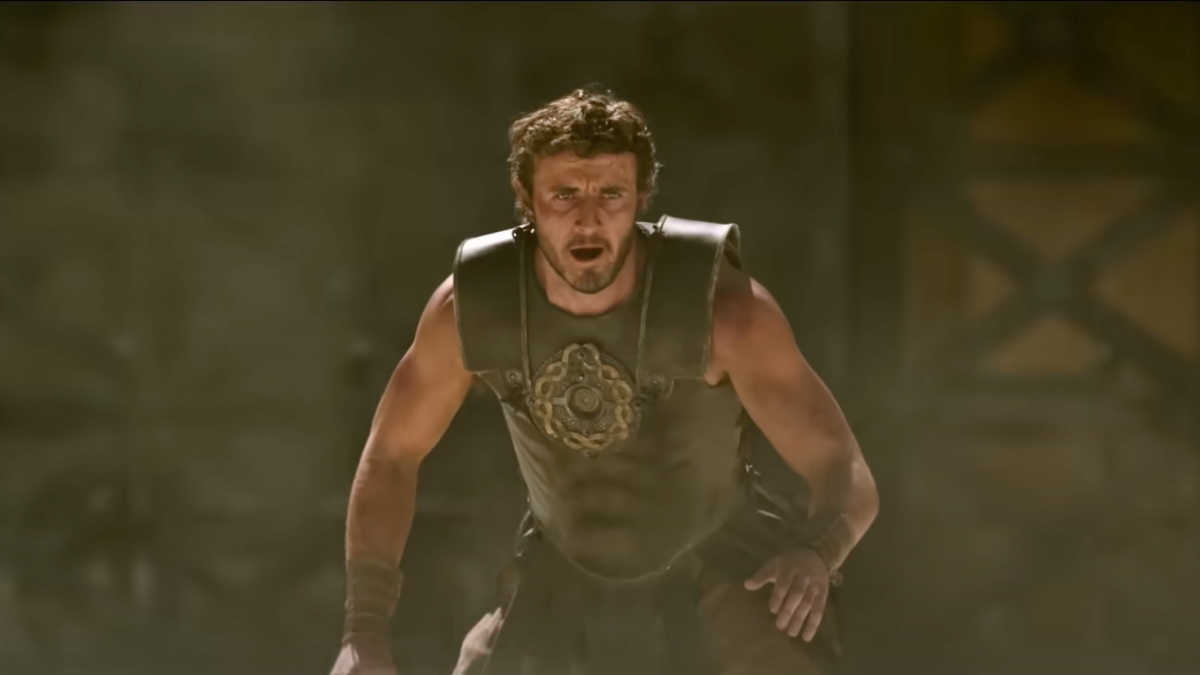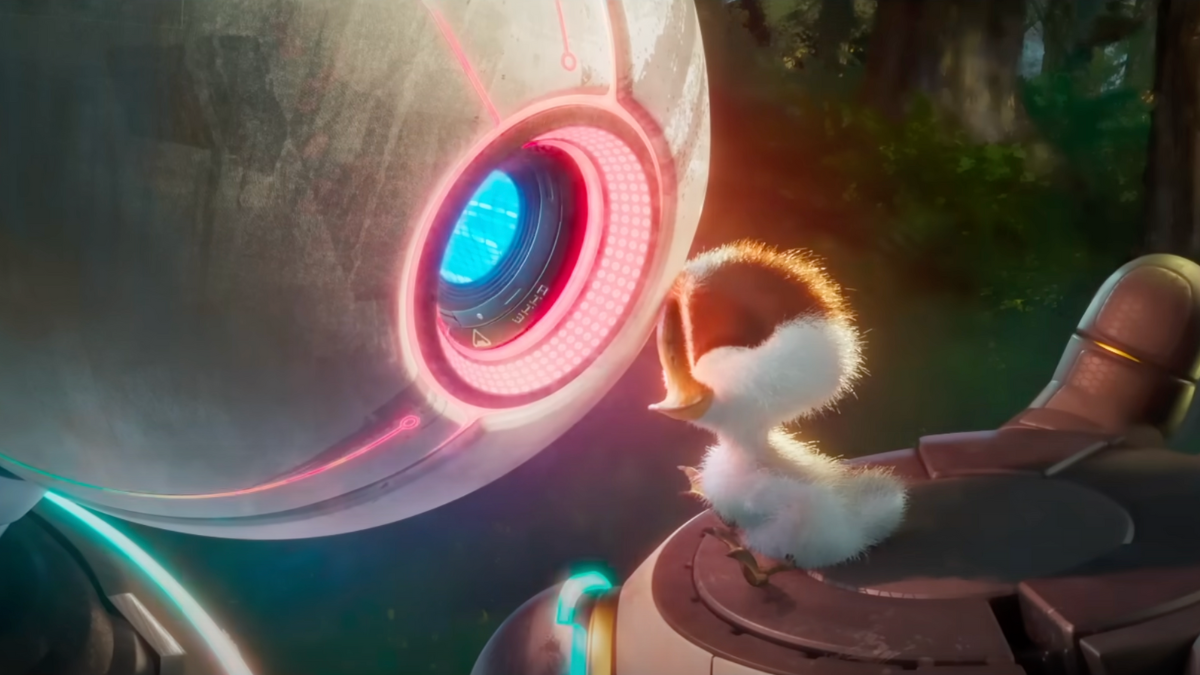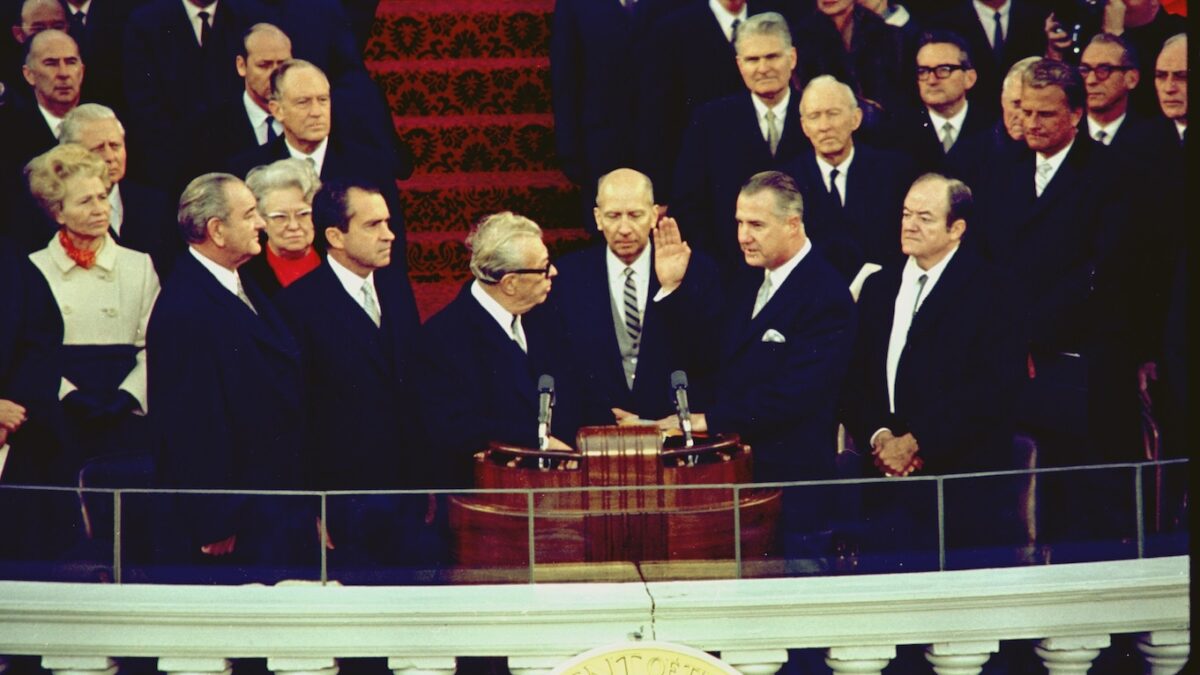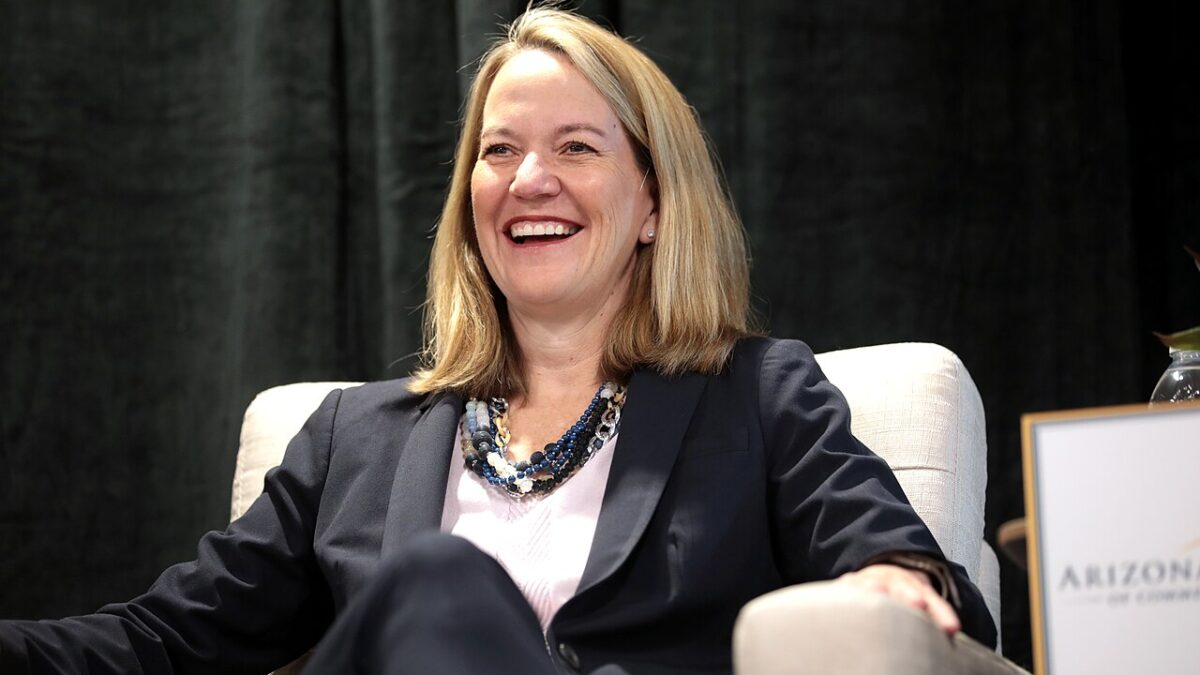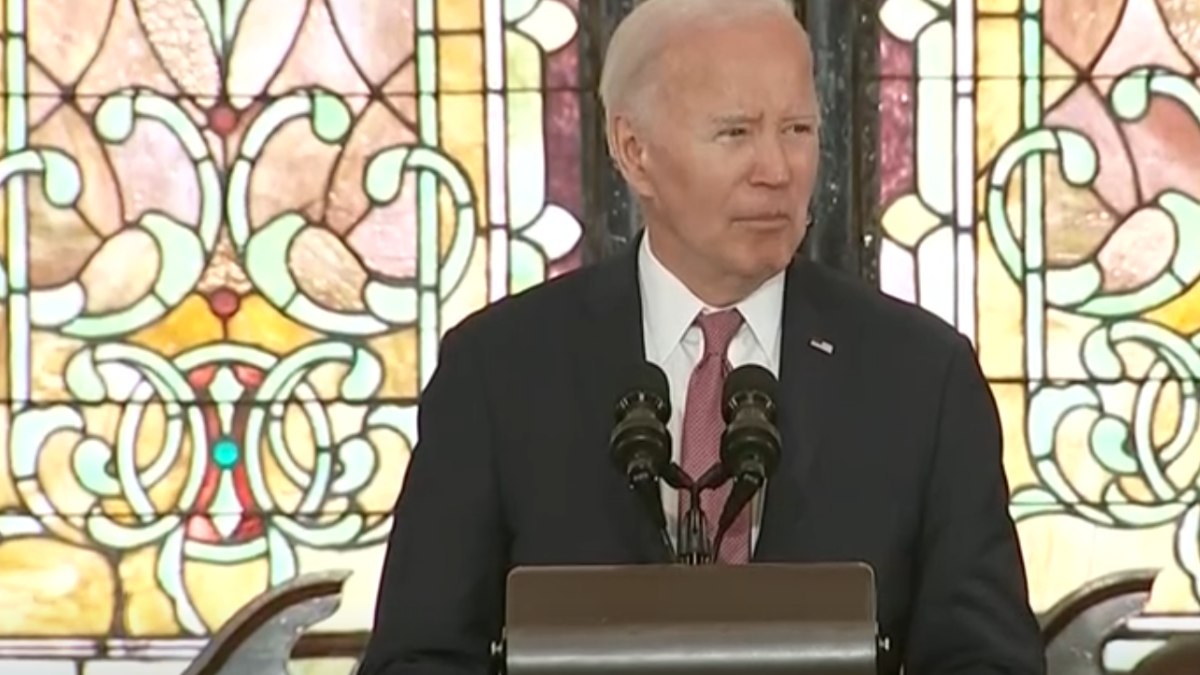In Bill and Ted’s most excellent sequel, “Bill and Ted Face the Music,” which dropped straight to streaming, the boys are back in man form, and they’re not making a great showing of their adulthood. Their teen daughters, however, are primed and ready to save the world.
The original “Bill and Ted’s Excellent Adventure” saw Alex Winter and Keanu Reeves as teens, and in this 30-years-later sequel, they’re back as dads. Each has dreams of a musical career despite his failings, and each has a teen daughter. What they don’t have is a feeling of accomplishment in their lives.
Their kids, on the other hand, truly believe in their dads and the mission the duo embarked on all those years ago to unite the world through music. In the original, it was George Carlin as Rufus who came to them through time in 1998 and told them that Preston and Logan (presumably Bill S. Preston, Esq., and Ted Logan) were destined to save the world through the power of music. The sequel finds them still trying.
It turns out it isn’t their story after all, however; it’s their daughters’ story. Thea and Billie (Samara Weaving and Brigette Lundy-Paine) are the characters who wander aimfully through history, following in their fathers’ footsteps, picking up musicians from throughout time and across the world to create the song that can unite the world.
While this was originally a mission for the dads, it’s Bill and Ted who realize that Preston and Logan’s destiny wasn’t for them to complete but for their kids — and they realize this with pride. Bill and Ted end up prouder of their daughters for making this happen than they would have been if it were their own track. Passing the baton gives them permission to finally grow up.
So many remakes of films and TV shows that originally starred men are now retold as women’s stories. In a sense, that’s what “Bill and Ted Face the Music” has done, except instead of redoing the original, the creators redirected this narrative to feature the young heroines in an organic way.
The film isn’t a retelling of “Bill and Ted” but with chicks, it’s a story that stems from the lives of the female characters themselves. This sequel gives the girls something they need to put themselves forward: a desire to do something good for people they love.
“Ghostbusters,” for example, put women into the original male roles and attempted to reshape those characters to be women. This is much like the Renaissance sculptors, who, when sculpting women, made male sculptures then slapped on a pair of breasts. It doesn’t work. A woman is a woman from start to finish, not grafted onto men. The same can be said for women in narratives.
Thea and Billie are their own characters, and while they look up to their dads, resemble their dads, and are inspired by them, they are young, independent women with their own drives. While their fathers wanted glory for themselves, the young female musicians are not driven by a desire for fame. Billie and Thea are inspired to succeed for their dads.
I can almost hear the objection to this concept, that the “woman-forward” take should be that the girls have as much need to succeed for their own ambition as the boys do. One of the most archetypical aspects of the feminine ideal, however, is to give one’s best efforts for the success or achievement of another. Moms do that for their kids, wives do that for their husbands, and daughters do that for their dads. Ideology doesn’t matter in the face of a drive that is so archetypical that it exists in every culture and across every time, even in “Bill and Ted.”
In the end, Thea and Billie learn that personal success and glory for themselves is ultimately glory for their dads, and Bill and Ted realize that their own pride and joy is more fully expressed in their children’s accomplishments than on their own. In “Bill and Ted Face the Music,” it turns out the best way to save the world is to believe in your kids and to work hard to make sure they have what they need to be the best people they can be.



